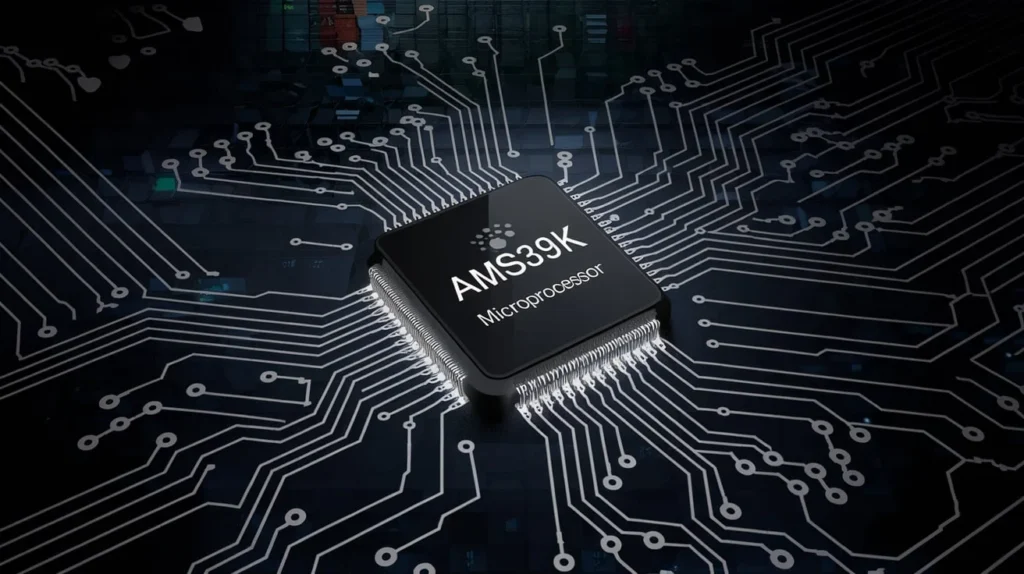In today’s digital age, the demand for comprehensive, well-organized content has never been greater. The FMHV Megathread has quickly emerged as one of the top resources for enthusiasts seeking in-depth knowledge on the subject. From tech aficionados to gamers and pop culture followers, this thread provides a one-stop hub of valuable insights. Our aim is to give you a complete guide that not only serves as an alternative to the existing content but is also enriched with advanced information to help you stay ahead.
What is FMHV?
FMHV, or Full Motion Hypervision, represents a new wave in interactive media technology. It integrates elements of virtual reality (VR), augmented reality (AR), and mixed reality (MR) to deliver immersive user experiences. FMHV combines high-definition visuals, real-time motion tracking, and hypervision rendering, setting it apart from traditional media formats. This breakthrough technology allows users to feel more engaged, whether in entertainment, education, or professional sectors.

The History of FMHV
FMHV technology didn’t appear overnight. It evolved over years of development, primarily driven by advancements in GPU performance, motion sensors, and display technology. The concept began with early VR experiments in the 90s, but it wasn’t until the mid-2010s that it became mainstream. The shift came with significant enhancements in motion detection, which made interactive content more fluid and responsive.
Key Components of FMHV
Understanding the fundamentals of FMHV technology is essential to grasp how it functions at its core. Here are the primary elements:
1. Hypervision Rendering
Hypervision rendering goes beyond standard high-definition by delivering 3D visuals at ultra-high frame rates, ensuring that images remain crisp and fluid even during high-speed motion. This technology utilizes advanced algorithms that predict user movements, providing seamless transitions between scenes.
2. Full Motion Tracking
Full motion tracking is what sets FMHV apart from other interactive formats. Using multi-point motion sensors, the technology can track a user’s movements in real time, allowing for dynamic interactions with the digital environment. Whether you are navigating a virtual landscape or participating in a simulated training, motion tracking ensures that the system adapts to your actions instantly.
3. Augmented and Mixed Reality Integration
FMHV leverages both augmented reality and mixed reality components to create environments that feel as real as possible. AR overlays digital elements onto the real world, while MR blends physical and virtual environments, allowing for more complex interactions. Together, these technologies provide a richer, more immersive experience than standalone VR.
FMHV Applications Across Industries
FMHV is no longer limited to just the entertainment industry. Its versatile nature makes it applicable in various fields:
1. Gaming
In gaming, FMHV offers unprecedented levels of engagement. Hyper-realistic environments, paired with full motion control, enable players to become fully immersed in the game world. Titles using FMHV technology can provide real-time strategy, first-person perspectives, and team-based dynamics with stunning visuals.
2. Education
Educational institutions are adopting FMHV for virtual classrooms and interactive training. Imagine a history class where students can walk through a virtual Roman Colosseum, or a medical training module where aspiring surgeons can practice operations in a simulated environment. The possibilities are limitless, offering students hands-on learning experiences that traditional methods can’t match.
3. Professional Training
FMHV is widely utilized for professional training in fields such as aviation, military, and manufacturing. Simulations provide trainees with realistic scenarios, allowing them to practice and make decisions in high-pressure situations without real-world consequences. This results in more effective training programs and increased retention of practical skills.
FMHV Megathread: A Resource Hub
The FMHV Megathread is a forum or platform where users gather to share the latest developments, trends, and use cases surrounding FMHV technology. Here, we dive into the most discussed topics within the thread:
1. Latest Technological Updates
With FMHV still evolving, there are always new breakthroughs in hardware and software that push the boundaries of what is possible. The Megathread frequently covers these updates, offering first-hand insights into new product releases, firmware upgrades, and software patches.
2. User Tips and Tricks
Users of FMHV often share their tips for optimizing performance, troubleshooting common issues, and even modding the technology for custom purposes. These tips range from calibrating motion sensors to improving visual rendering settings for a smoother experience.
3. Community Projects and Modifications
One of the most exciting aspects of FMHV is the strong community of developers who use the technology to create mods and extensions. Whether it’s creating a new game interface, developing custom interactive tools, or designing entirely new virtual worlds, the creativity within the FMHV community is unmatched.
Challenges and Future of FMHV
Despite the many advancements in FMHV, challenges remain. Latency issues, high hardware costs, and the need for improved motion capture technology continue to be areas where further innovation is required. However, the future of FMHV looks promising. With tech giants investing heavily in research and development, we can expect breakthroughs that will reduce the costs and increase the adoption rates of FMHV across various sectors.
Future Innovations to Watch For
Looking ahead, artificial intelligence (AI) and machine learning (ML) are expected to play a pivotal role in the next generation of FMHV. These technologies could automate motion tracking improvements, enhance rendering algorithms, and even predict user behaviors to create more intuitive experiences. Additionally, the potential for 5G networks to improve data transmission speeds will further bolster FMHV’s real-time capabilities, reducing latency and improving the overall quality of the experience.
Conclusion
The world of FMHV technology is ever-growing, offering vast opportunities for both users and developers alike. As this technology becomes more integrated into our daily lives, its applications will only expand. From gaming to education and professional training, FMHV is paving the way for a more interactive and immersive future. If you are looking to stay updated or dive deeper into the complexities of this technology, the FMHV Megathread serves as an invaluable resource for both beginners and experts
